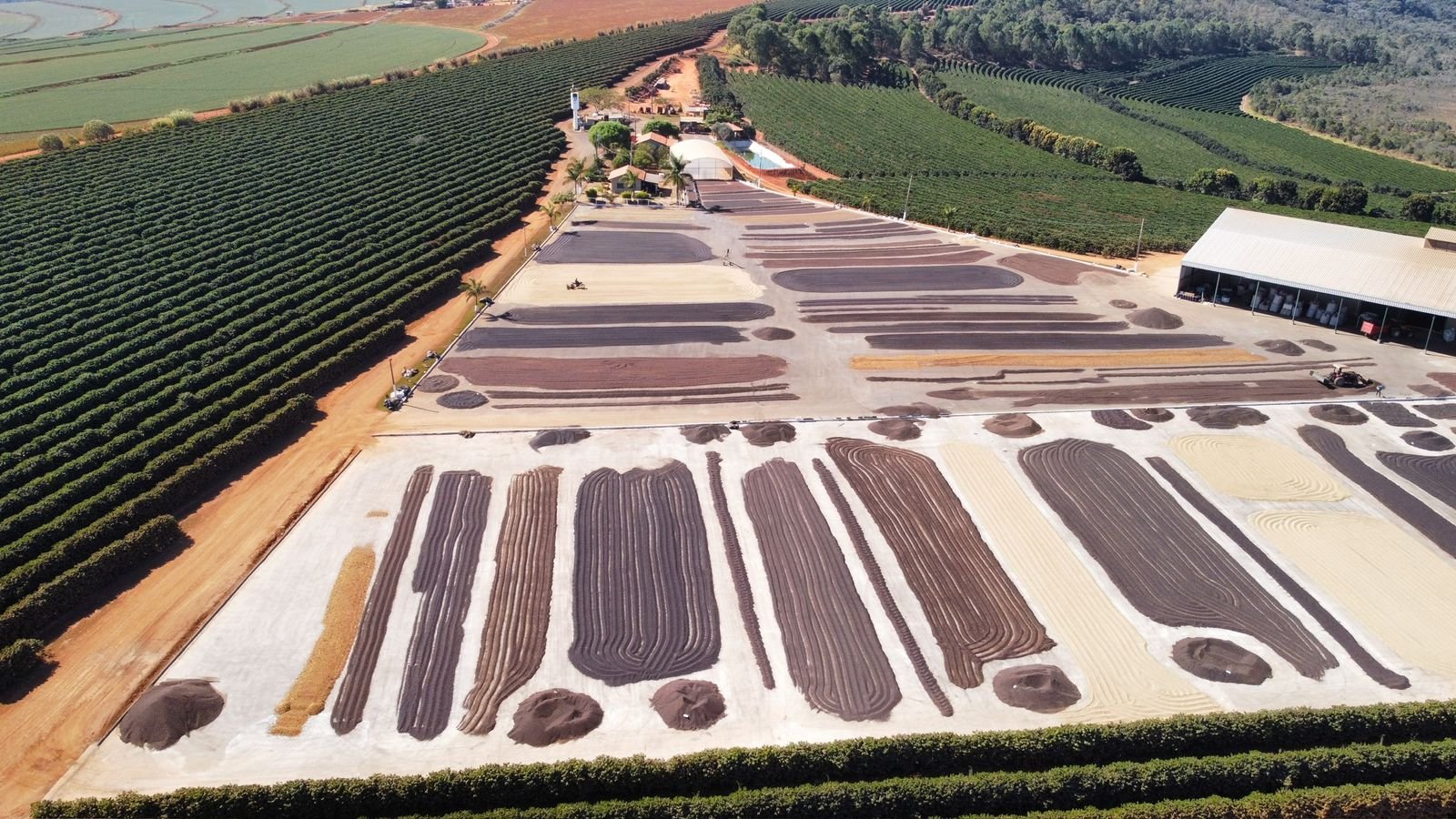This year, Bean Juice Club coffees are available to everyone—no subscription needed! These rare and unique coffees are roasted in small batches, so quantities are extremely limited both online and in-store. Don’t miss your chance to grab a bag!
Producer: Members of the Karambi Washing Station
Location: Karambi town, Nyamasheke District.
Processing: Anaerobically fermented for 3 days prior to depulping. Then anaerobically fermented for 3 days after depulping.
Drying Method: Dried for 21-28 days on raised beds
Varieties: Bourbon
Elevation: 1,700 - 2,000
Importer: Coffee Shrub
Notes from the Importer: Not far from the shores of Lake Kivu lies Karambi, a washing station named after Karambi town where it resides. The altitude at Karambi station is 1700 meters above sea level and the coffee is grown upwards of 2000 meters in the surrounding mountainside. The station was erected to buy coffee from smallholder farmers in the region, many whom also work at the site processing and preparing the coffee for export. Quality grading starts immediately upon delivery, the underripe coffee separated out by floating in tanks of water. Karambi uses a Pinhal Máquinas pulper that has a cherry sorter as part of the machinery. This is actually considered an anaerobic coffee, though it looks and tastes a lot more like honey, or even washed. We're waiting to get some clarity from the site, but judging from the clean looking green, I'm guessing the cherries are stored in tanks for a couple of days before pulping and washing as normal. All coffee at Karambi undergoes intensive sorting technics in order to produce their top A1 grade.






































